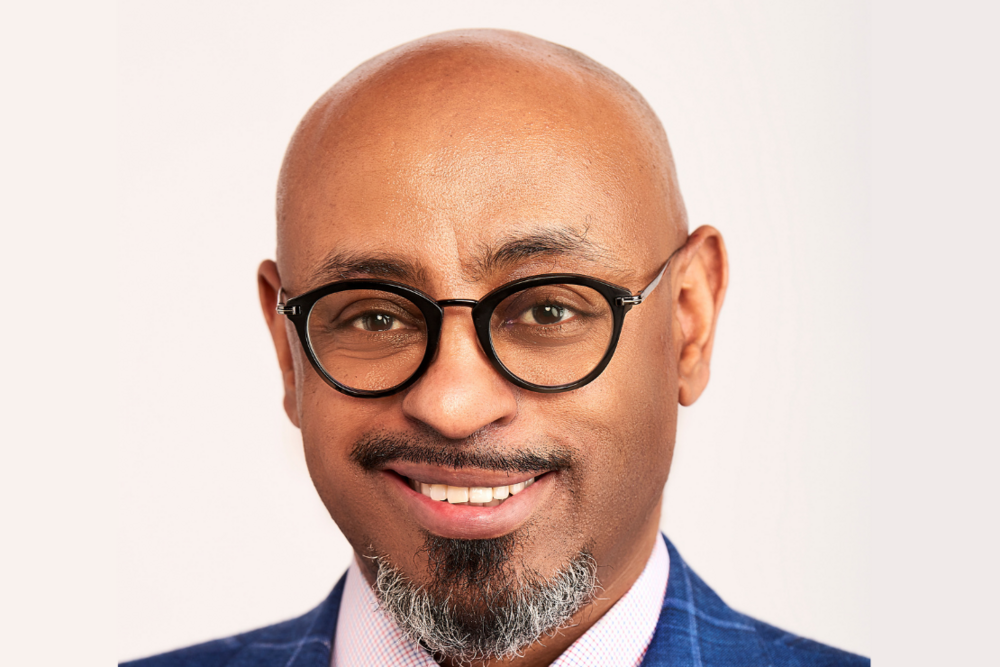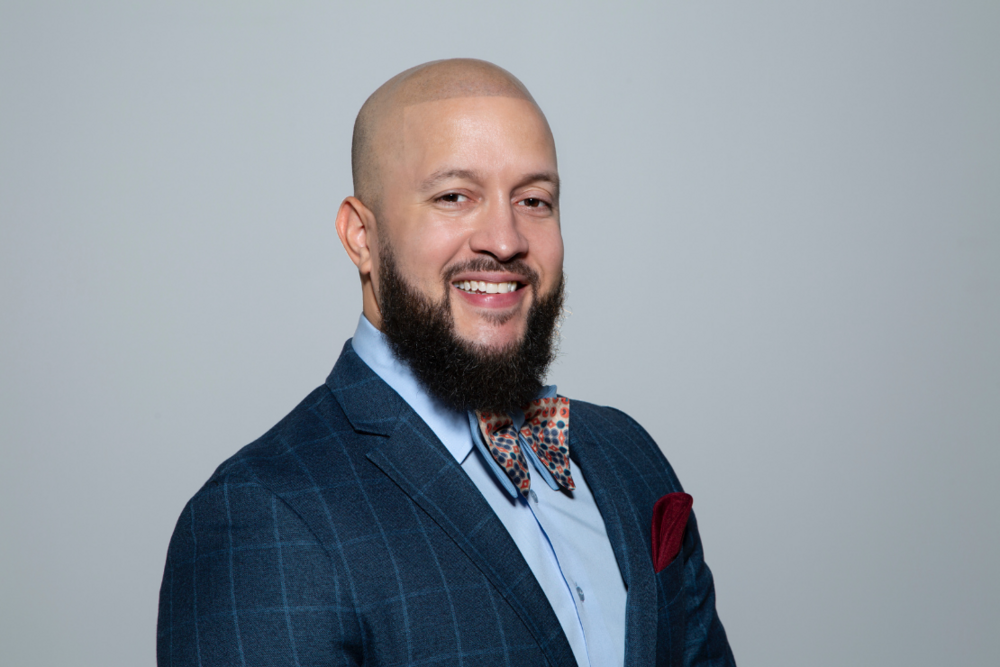3 Mental Health Habits Every Founder Needs
Jun 21, 2021

Chantel Cohen, owner of CWC Coaching and Therapy, explains why all founders — but especially Black and Brown founders — need to take care of their mental health to succeed. And she lays out three ways to make it happen, every day.
As someone who has worked in therapy for over a decade, I see people with all sorts of challenges. Far beyond the common stressors of daily life, the last year challenged all of us in ways we never imagined possible.
Around this time last year, I received a call from Jewel Burks, head of Google for Startups U.S., to talk about how we could support founders in the Google for Startups Founders Academy. In the wake of a worsening pandemic, the murder of George Floyd and so many others, protests supporting Black Lives Matter, and a recession, Burks recognized that a lot of founders, particularly Black and Brown founders, needed support in processing these events and managing the stress that comes with being a founder. She spoke from experience, knowing that being a founder can be a lonely journey and without support, founders cannot operate as their best selves. Through CWC Coaching and Therapy, we offer 50-minute virtual appointments for founders to focus on the areas causing them the most stress.
“One of the great resources of being a part of Founders Academy was having access to mental health services. Mental health issues could have disastrous consequences, but the Google for Startups team had the foresight to help founders manage this by providing resources,” said Founders Academy and Black Founders Fund recipient Yared Alemu, Ph.D, founder of TQIntelligence, a platform that uses artificial intelligence and voice recognition technology to help therapists make more accurate diagnoses.

Dr. Yared Alemu, founder of TQIntelligence
Many don’t seek help until they feel burnt out, but maintaining your mental well-being is a muscle that requires constant attention. The easiest way to identify when you might need help is if you start to put out work that is not your best, lack motivation, or notice negative thought patterns.
Beyond professional therapy, how can you manage your mental health day to day? Whether you have 15 minutes or five minutes, here are three things that I recommend to founders:
01. Focus On Your Minimums, Not Your Maximums
Since the pandemic, 46% said their work-life balance went down, according to an article in the Wall Street Journal. One founder I worked with wanted to focus on work-life integration, a common challenge for any founder. My goal was to have her focus on her minimums and not her maximums, which is an approach for managing feeling overwhelmed. It starts with a simple question: “What do you need minimally in your life in order to meet your needs outside of your business for connection, self care, and family?”
Oftentimes, we make the mistake of trying to have it all instead of focusing on what we need at a minimum. We started with her personal life first and built everything else around that. Whether it’s catching up with friends and family, creating a consistent exercise routine, or getting enough sleep, we cannot do it all, but what is the minimum we need for some of these activities? For example, if you would like to get nine hours of sleep each night, however you know you can do your job optimally with seven hours of sleep — how can you focus on getting at least those seven hours of sleep?
The truth is we overestimate what we can do in one day. This is why I encourage founders to focus on meeting their minimums vs. their maximums, to create realistic goals and expectations for themselves that they won’t feel guilty about later.
02. Meditation Can Take Many Forms
Developing a meditation practice can seem daunting, but it doesn’t have to be. While deep breathing and quiet mindfulness is often the first thing that comes to mind, meditation can take many forms like a walking based meditation, reciting mantras, or reading and reflecting. Research shows the benefits of meditation: reduced stress and anxiety, increased ability to process information, and better sleep.
Developing good habits to maintain your wellbeing can start at any age. This is why Techstars Alum and Black Founders Fund recipient Roy Scott of Healthy Hip Hop created an education platform for kids that integrates hip hop music and a safe social media experience to support academic success and mental and physical wellness. In creating an app that focuses on helping kids develop these habits and dealing with the challenges of the last year, Scott has placed greater emphasis on creating and maintaining his own healthy habits to support his well-being.

Roy Scott, Founder of Healthy Hip Hop
“This year, I started a routine of journaling, meditating, and made sure to stay consistent with my workouts. I maintain my mental well-being offline because this allows me to break away from the normal routine of being in front of a computer or being on my phone all day,” said Scott.
03. Don’t Shy Away From Tough Conversations
Aside from you, no one knows your business as intimately as your team: whether that’s cofounders, employees, or investors. It can be tempting to avoid hard conversations or downplay the impact of personal and national events on our work and our interactions with our teams. However, it’s important to trust your team enough to tell them the truth. This does not mean that you have to tell them intimate details about what’s going on, but it does mean being more honest when answering the question: “How are you?”
“I have made it a point to have conversations just about life, current events and being an ear to hear or a shoulder to lean on. Building long lasting friendships that will improve our workflow and most importantly build trust and comradery,” said Scott.
As a psychologist and founder Dr. Alemu knows that talking about mental health and coming together as a community is essential.
“We openly talk about how to support one another and those close to us who may be experiencing mental health issues. Coming from a culture that is communal; the best medicine for mental health is the connection with other people,” said Dr. Alemu.
Supporting founders' mental health is not only a personal responsibility for founders themselves, but a collective responsibility for everyone in the startup ecosystem. Through an awareness of realistic minimums, meditation, and conversation, founders and those around them can help to support their overall mental wellbeing.
For more resources and information, check out CWC Coaching and Therapy.
About the Author

Chantel Cohen
Chantel Cohen works as an executive business communications coach/facilitator and individuals’ therapist and has assisted clients with their journey for self-improvement and career advancement for over ten years. She earned her undergraduate degree in psychology from UCLA and a Master’s degree from Columbia University. She owns CWC Coaching and Therapy in Atlanta, Georgia and has seen over 1,000 clients.
